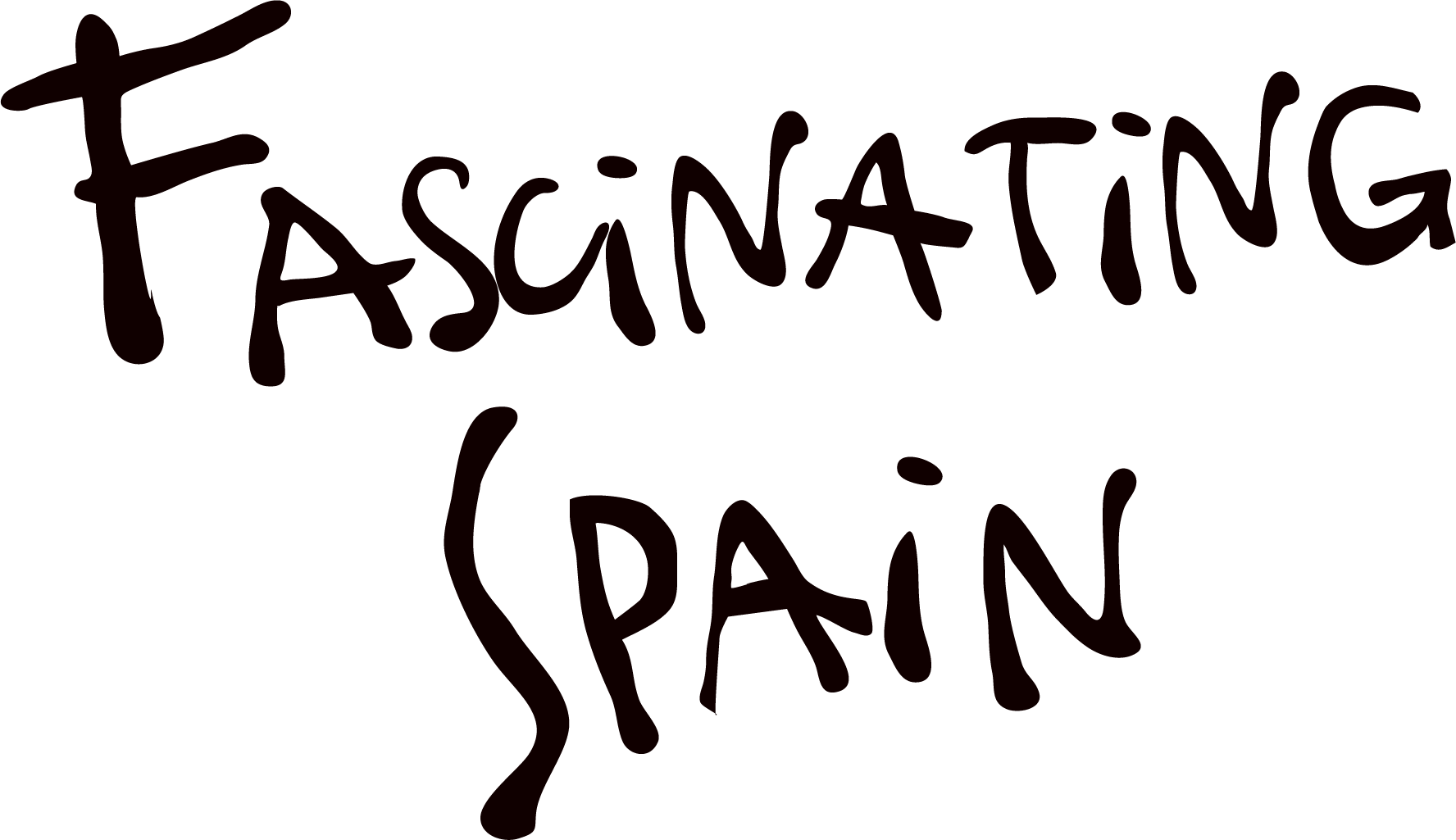
Some of our dearest memories came in a VHS or DVD format. Who doesn’t remember fondly those Christmas holidays rewatching the same old stories, or all those rainy Sunday afternoons under a blanket? Most of those stories travel to different countries and learn new languages. When it comes to Spanish film titles, some of them take unexpected turns that have nothing to do with the original version. We invite you to make a cup of tea or hot chocolate, press the Play button and enjoy this list of famous films whose translations into Spanish will probably surprise you.
While the opening credits start to run, it is worth mentioning that it is usually the marketing team who takes the task of translating film titles. These adapt to the target culture, although some choices seem almost impossible to understand. Let’s see some examples.
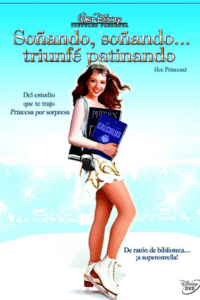
Many remember dearly this Disney film about a young girl with a passion for figure skating. The Spanish title is quite creative: Soñando, soñando… triunfé patinando (“Dreaming, dreaming… I succeeded at skating”). The rhyme here is just brilliant.
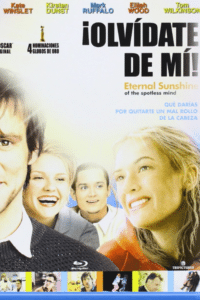
The title of this film is so delicate and poetic. But dreaming, dreaming… we will reach the Spanish version: ¡Olvídate de mí! Literally, “Forget about me!”. Quite rude, isn’t it? Someone was feeling aggressive that day. The Italian version is really straightforward too: Se mi lasci ti cancello. “If you leave me, I’ll delete you”. It is certainly difficult to forget these peculiar adaptations of the romantic drama film we all know and love.
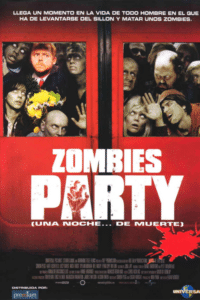
This zombie comedy film took a strange turn in Spain. The Spanish film title is still in English, but with a whole new layer to it. Shaun of the Dead becomes Zombies party in Spain. Why, though? Nobody knows. They must have had quite a lot of fun choosing that name for the film.
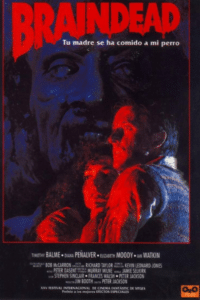
In Spain, we love a good subtitle. The one for Braindead, the 1992 film directed by Peter Jackson, will not go unnoticed: Tu madre se ha comido a mi perro, which literally means “Your mother has eaten my dog”. Apart from including gore sequences, the Spanish version of Braindead also spoils a whole scene. Such a bloody adaptation of the film title.
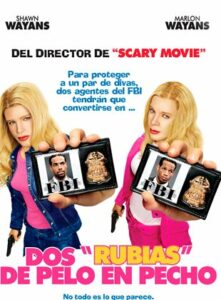
Explaining the title of this film in Spanish is slightly embarrassing. It is something on the lines of “Two manly ‘blonde girls’”. The “manly” here actually says de pelo en pecho, a Spanish expression literally meaning “with hair on the chest”. There are so many things to unpack here. Maybe another day.

In Spain, this North American comedy film took the name of Un canguro superduro. Literally, “A super tough babysitter”. Once again, Spaniards seem to enjoy the rhyme. Let us indulge in this poetic inclination.
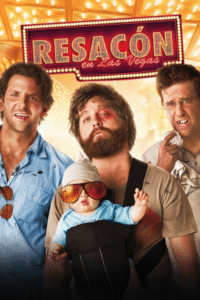
Apparently, the title of this famous film trilogy seemed too dull for the Spanish audience. Hence, they renamed it as Resacón en Las Vegas, which could be translated as “Super hangover in Las Vegas”. Why do we exaggerate things so much in Spain? What does it tell us about the Spanish culture?
We came here to have fun and remember some films from the past, so we don’t need to think too much about it either. This trilogy had strange adaptations in other countries too, like in the case of France, where they named it Very Bad Trip. Just like in Zombies Party, they used random words in English and called it a day. Good for them.
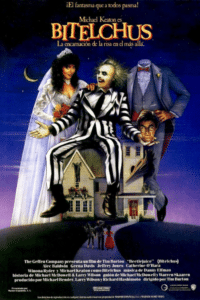
After such a bad trip, the team in charge of translating the title of this fantasy horror comedy film was just not feeling it. Probably, one of them mentioned Beetlejuice and other responded with a Spanish accent: “Yeah, sure… Bitelchús”. And that’s how they called it, writing it in the Spanish style. Olé!
There are so many billboards with funny film titles in Spanish that would grant us a good laugh, but the end credits are about to appear on the screen. And this is not Marvel, so there is no post-credits scene. To end with, it is worth mentioning a peculiar occurrence of several films that travel to Spain: the como puedas effect. It means “as you can”, and it is attached to many film titles for no particular reason. Some examples would be Airplane!, or Aterriza como puedas (“Land as you can”) in Spanish; or The Naked Gun, which was translated as Agárralo como puedas (“Grab it as you can”) in Spain. Do as you can with this information.
A familiar song begins to overshadow the dialogue. A slow zoom out takes us away from the scene, displaying a series of landscapes and movie sets we have visited so many times, either through a screen or on our own imagination. The end credits start to roll, and the footage fades to black. But what does it matter? At the end of the day, we can always rewind.